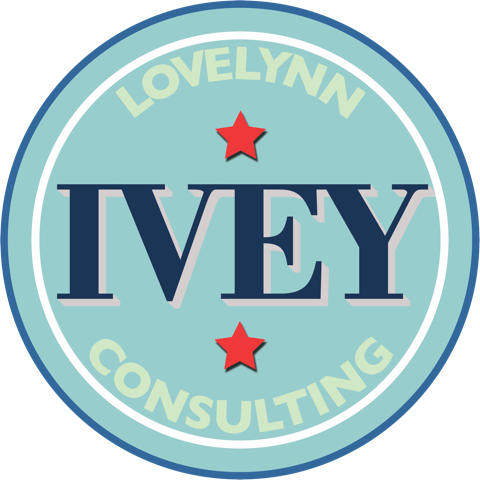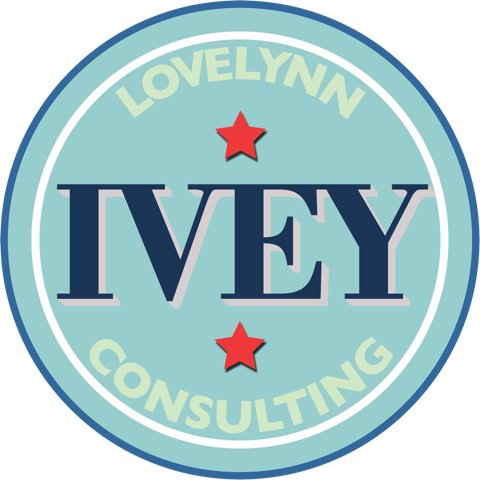Planning for Succession
It is important for family businesses to plan ahead for business succession. Many family-owned businesses do not have a plan in place, and this can be a source of heated debate and intense family politics when the time arises to select new leadership.
A detailed succession planning process involves a number of steps to help your company identify and develop executive talent to fill leadership positions with the right people and to ensure the business’s continuity. In addition to management succession, other issues you’ll want to consider include assets that may be in an estate or trust, including both business and non-business assets. There are a lot of issues that, if not confronted in advance, can contribute to conflicts among family members down the road. You are not legally obligated to pass it on to your children, and they may or may not want it; they may have other interests that they prefer to pursue.
SUGGESTIONS:
If the business is to remain in the family, be sure that the younger generation is prepared to take over. Involve them now in the management of your operations and inform them about financial matters so they can be ready for their future responsibilities.
Make sure the business's heirs and leaders understand their roles clearly. They must be educated well enough to lead the company toward profit and growth and should make sure the legacy is well defined and that agreement on critical issues is solid and in writing. If the family heirs can work their way up the organization chart, the better it is when the time comes for them to take over.
Founders need to prioritize business continuity over personal power, both can be achieved by implementing and strictly adhering to corporate governance structures and clear succession plans. These not only enable the family business to maintain professionalism but also to prosper and continue for generations to come.
Work with an estate planning attorney who can advise on measures to minimize estate tax problems. Consider how to differentiate the contribution made by family members who play an active role in building company value versus family members who are not involved. There are proven methods and experienced professionals who can help you determine an approach that will keep the peace at future family dinners.
If third-party help is needed to facilitate this effort further, there should be no hesitation in securing help and assistance to make sure the company moves on successfully. Business consultants that focus on family-owned companies such as Lovelynn Ivey Consulting have unique expertise to guide you through the process.


